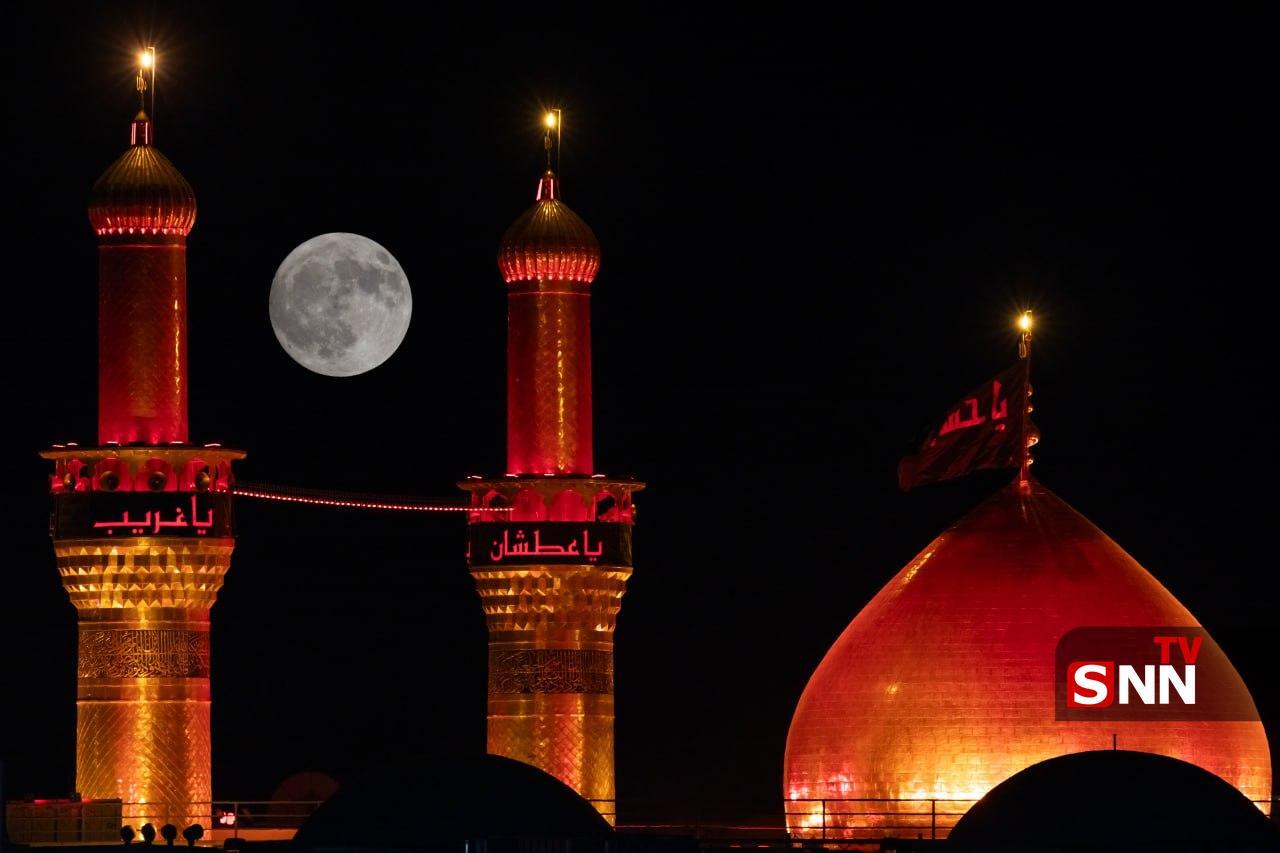PM Modi Independence Day Address: Prime Minister Narendra Modi, in his Independence Day address from the Red Fort, unveiled a sweeping vision for India’s energy future — calling for energy independence and announcing a historic policy shift to open up the nuclear sector to private participation.
“To build a truly self-reliant India, we must achieve energy independence,” Modi said. “We remain dependent on other countries to meet many of our energy needs. That must change.”
A Bold Pivot Toward Nuclear Power
In his speech, Modi outlined India’s rapid progress in clean energy, noting that solar power capacity has surged thirtyfold in the last eleven years. However, he made it clear that nuclear energy will be central to the next phase of the country’s energy transition.
“India is now actively focusing on nuclear energy,” he said. “We are constructing new dams, and already have 10 new nuclear reactors operational. By the time we celebrate 100 years of independence, we aim to increase our nuclear capacity twelvefold.”
The target would see nuclear power contributing around 5 per cent of India’s total electricity supply by 2047, up from less than 2 per cent today.
Private Sector Gets a Green Light
In what marks a landmark shift in India's nuclear policy, Modi confirmed that private players will now be allowed into the nuclear energy space — ending decades of state monopoly.
“Reform is a continuous process,” he said. “We have introduced significant changes in the nuclear energy sector. The field of nuclear energy has now been opened up to the private sector.”
According to earlier reports from Reuters, the government is preparing to permit private Indian companies to mine, import, and process uranium, while maintaining strict control over spent fuel reprocessing and plutonium waste, in line with international safeguards.
The Centre is also considering relaxing norms to allow foreign investors to hold minority stakes in nuclear power projects, a move aimed at attracting billions in private and overseas investment to speed up the sector’s growth.
Right now, nuclear energy makes up less than 2 per cent of India’s electricity supply. If the government’s plans stay on track, that figure could rise to around 5 per cent by 2047.
It’s a small slice, but a strategic one — nuclear energy can provide clean, reliable power around the clock, unlike solar or wind, which depend on the weather. With rising electricity demand and pressure to cut emissions, the government sees nuclear as an essential part of the future energy mix.

 1 hour ago
1
1 hour ago
1








 English (US) ·
English (US) ·